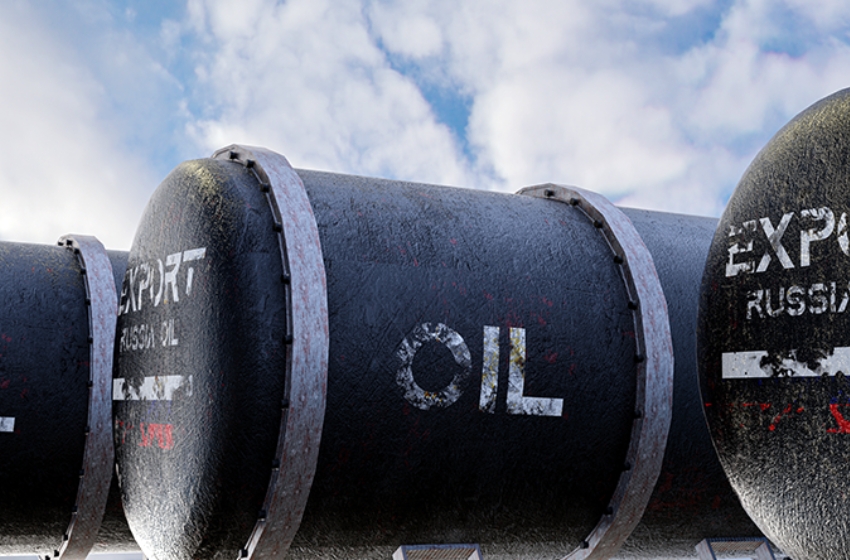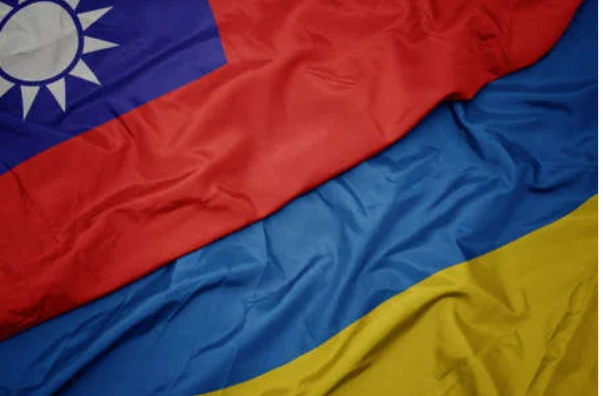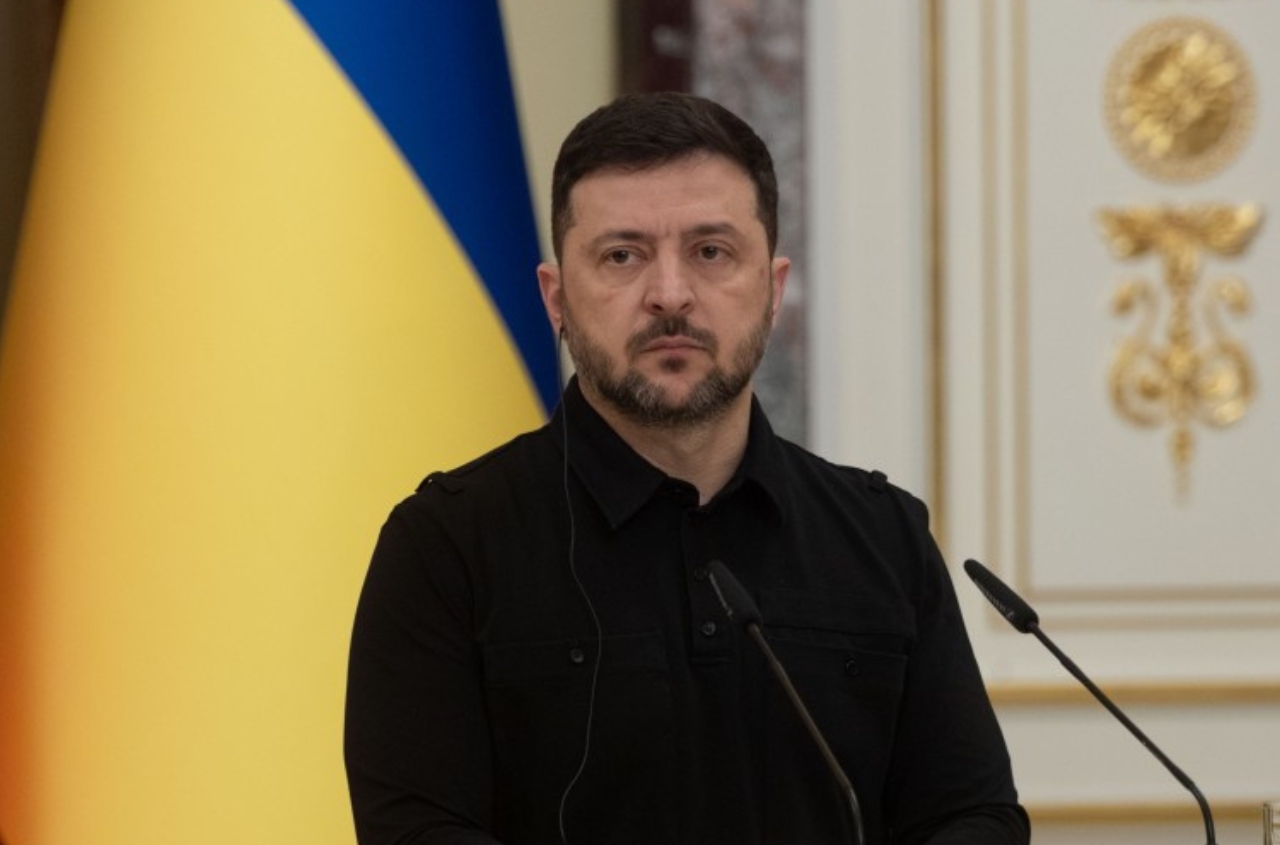On September 12, both New Zealand and Japan announced measures to tighten economic pressure on Russia in response to its ongoing war in Ukraine.
New Zealand Foreign Minister Winston Peters stated that the country is lowering the price cap on Russian crude oil, joining Canada, the European Union, and the United Kingdom.
“Reducing the price ceiling from $60 per barrel to $47.60 is a deliberate step aimed at cutting crucial oil revenues that fuel Putin’s illegal aggressive war against Ukraine,” Peters said.
In addition, New Zealand is imposing sanctions on Russian entities involved in cyberattacks against Ukraine, including Russia’s military intelligence, specifically the GRU’s Unit 29155.
“Russian state entities are unlawfully using malicious software against Ukrainian government networks,” the ministry noted.
This marks New Zealand’s 32nd round of sanctions, targeting 19 individuals and organizations, as well as 19 ships. Peters highlighted that the sanctions also cover entities involved in chemical weapons, disinformation campaigns, shadow fleet vessels, alternative payment service providers, and intermediaries from third countries such as North Korea and Iran. Since adopting the Russia Sanctions Act in March 2022, New Zealand has imposed restrictions on over 1,900 individuals, organizations, and ships, alongside a range of trade measures.
Meanwhile, Japan is also lowering its Russian oil price cap from $60 to $47.60 per barrel, aligning with the European Union’s July decision under its 18th sanctions package. Reuters reports that the Japanese government emphasized that the reduction will not have a practical impact on its oil purchases.
Tokyo has committed to gradually phasing out Russian oil imports in line with G7 agreements following Russia’s 2022 invasion of Ukraine. However, Japan continues to purchase Sakhalin Blend oil under the Sakhalin-2 project, which remains exempt from the price cap due to its importance for energy security, accounting for roughly 9% of Japan’s LNG imports. According to the Ministry of Finance, from January to July, Japan imported 95,299 kiloliters (599,413 barrels) of Russian oil, only 0.1% of total imports.
Chief Cabinet Secretary Yoshimasa Hayashi also announced additional sanctions, including asset freezes and export restrictions on Russian and Belarusian entities. The Japanese Ministry of Foreign Affairs sanctions list includes 47 organizations and nine individuals considered directly involved in the occupation of Crimea or destabilization in eastern and southern Ukraine.





















